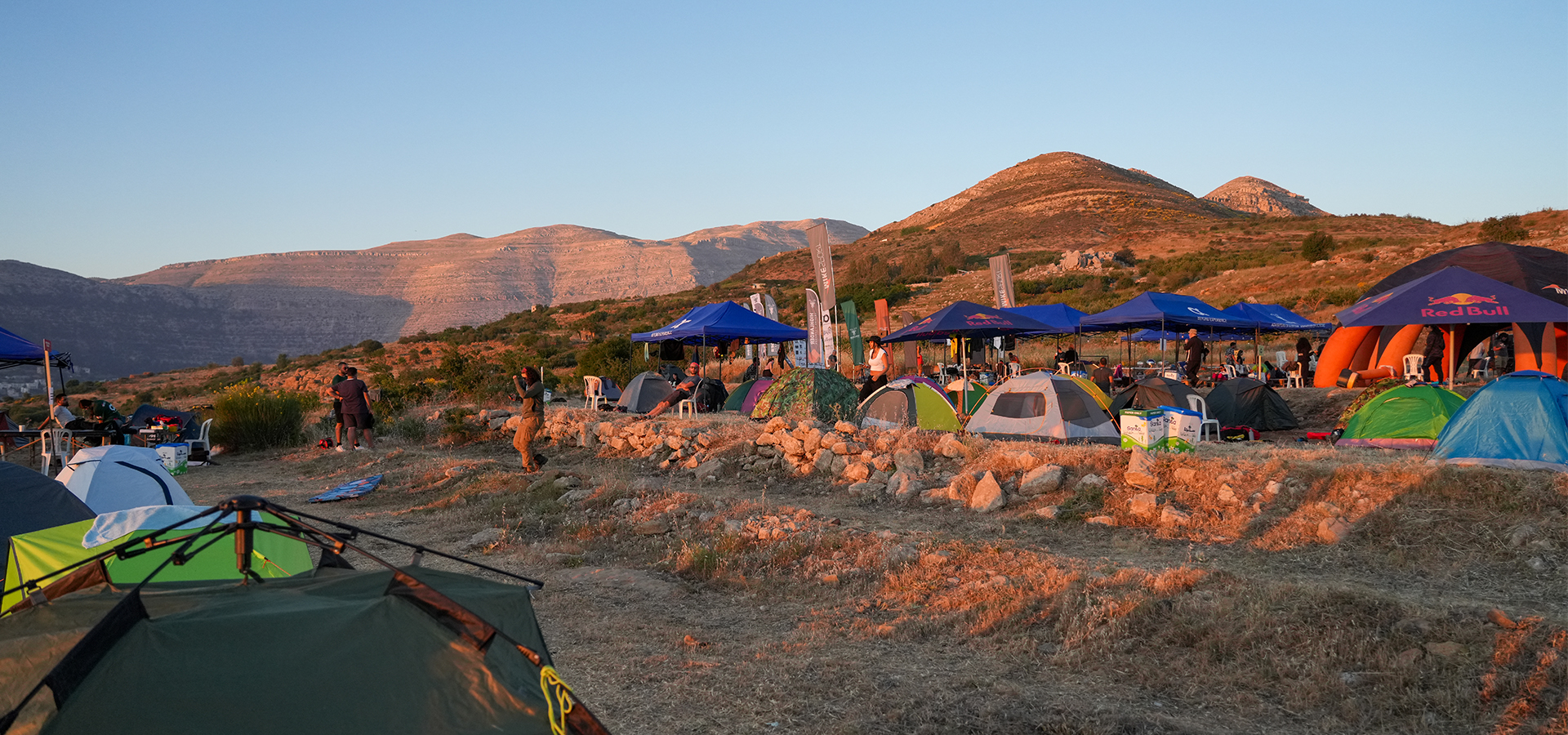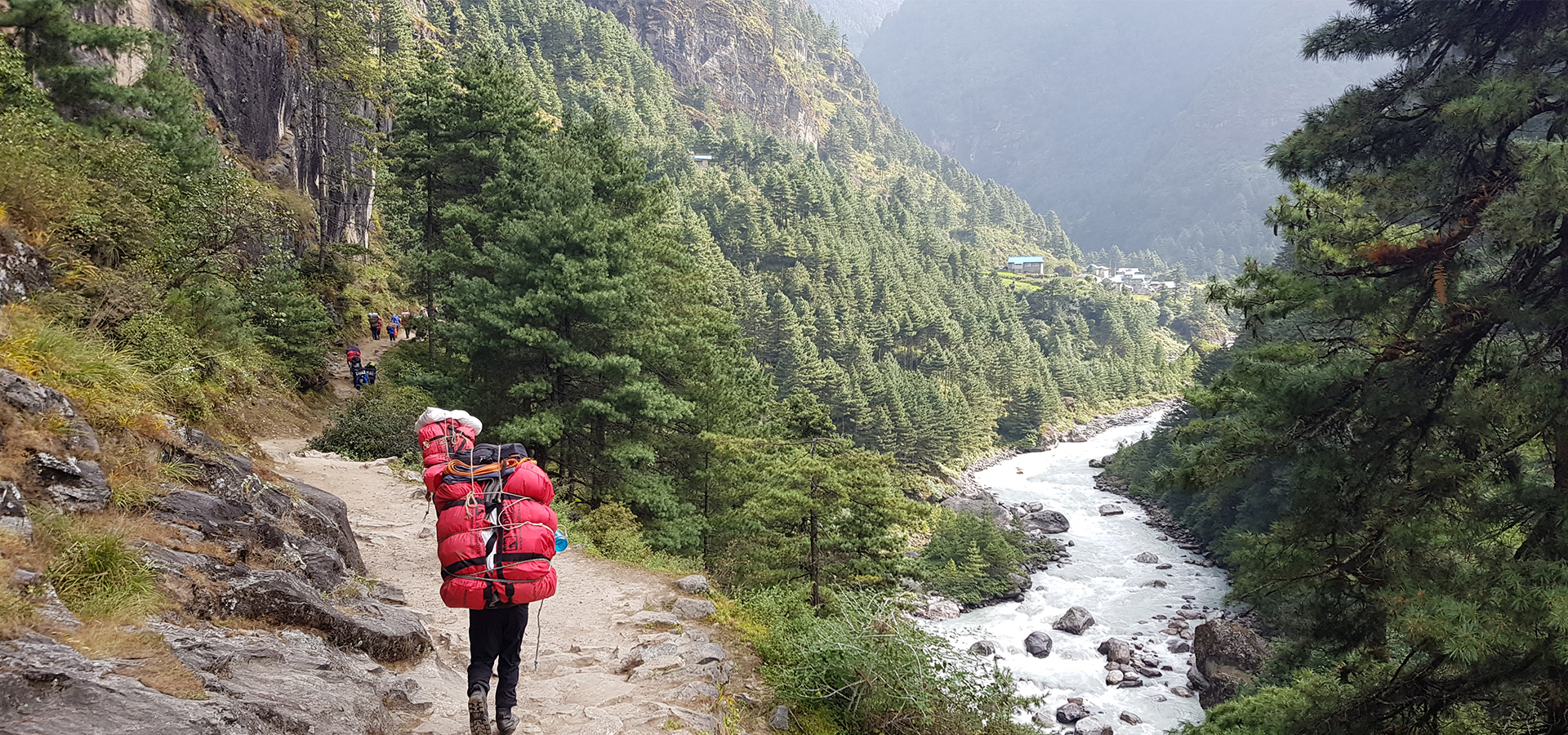
“Sherpas”, The Pride of the Himalayan Heritage – Mario Fares
- April 2, 2020
- 0
Cover Photo Credits: “George Saado”
Author: Mario Fares
History
“Sherpa” pronounced “Sharwa” by the “Sherpas” themselves originally meant “People from the East”, a word denoting a group of people who migrated to “Nepal” from “Khan” Eastern “Tibet” before the two regions became separate countries.
Ethnic “Sherpas” lived in the mountains of “Solukhumbu Valley” especially at “Pangboche Village”. They started as four clans: “Minyagpa”, “Thimmi”, “Stertwa” and “Chawa” and gradually split into twenty more clans.
This title became a job description for the person who sets the camps, cooks, and carries the bags during expeditions until reaching the base camps; after that, only the highly specialized ones continue to high camps.
Biology
“Sherpas” have spent thousands of years living at high altitudes, so their bodies became more efficient at using oxygen and generating energy compared to a normal athlete wishing to climb a mountain.
“Cambridge University” researchers studied the metabolic adaptations “Sherpas” possess, then compared them to that of lowlanders. The conclusion was that “Sherpas” have fewer red blood cells but higher amounts of “nitric oxide”, a chemical that enlarges blood vessels to promote stronger blood flow. This explains the increased efficiency in the use of oxygen. Their mitochondria were more efficient at using oxygen to produce ATP, the energy that powers our bodies. They have better fat-burning capacities and lower levels of fat oxidation. They have a steady “phosphocreatine” levels, it is an energy reserve that acts as a safeguard to help muscles contract when ATP is depleted.
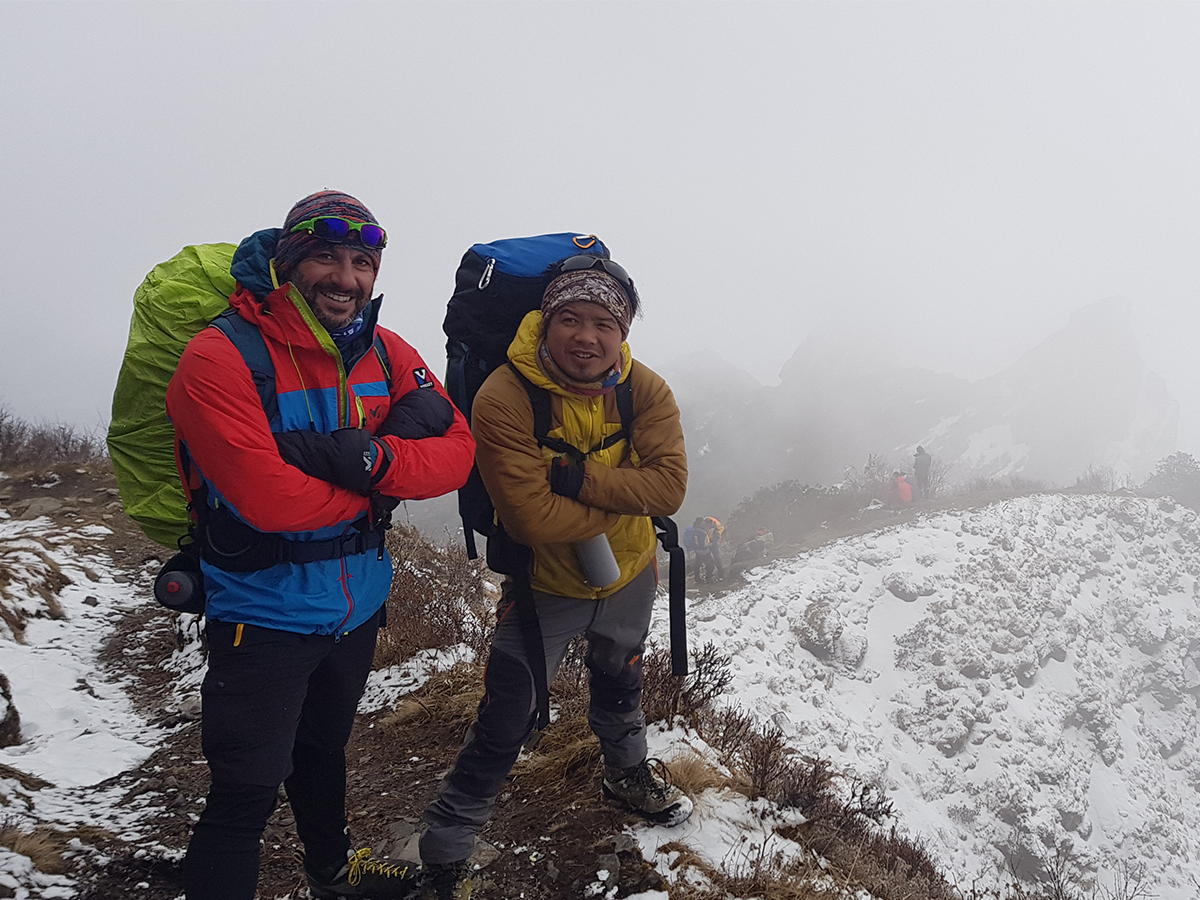
Religion
“Sherpas” practice a form of “Tibetan” Buddhism, the “Nyingmapa”. If you understand their “Buddhism”,you will understand their way of life. For “Sherpas”, the mountains hold spiritual significance that helps them come closer to enlightenment. It is a religion focused on the respect for living things. When they settled in “Khumbu Valley”, local priests called “Lamas” and leaders of the priests called “Ripoches” served as spiritual guides for the “Sherpas”.
They have many religious symbols that you can see along their villages, like: “Mani Walls” that are stones engraved with “Mantras” or short prayers; you can also find “Chodens” often wrapped with Tibetan prayer flags.
To attain enlightenment, “Buddists” must not perform religious acts for their own sake, but rather for others.
Many “Sherpas” also do not view the goal of reaching the top of the mountain as glory, instead they see the summit a way to be closer to the “Buddas”
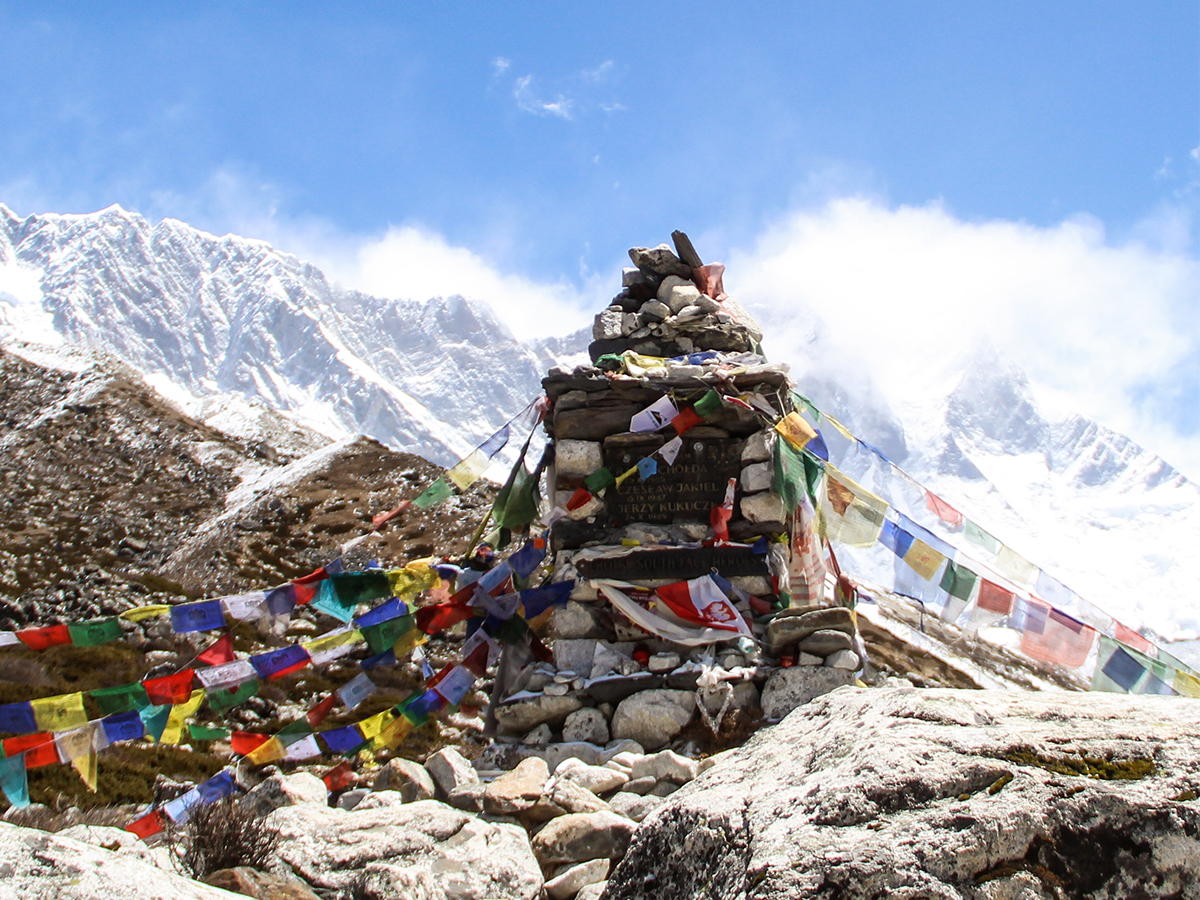
Traditions:
Houses:
“Sherpa” houses have two floors and are built of stone. The lower level is used to house livestock, fodder, food, and firewood, while the upper floor holds the living quarters. The floor of this room is wooden, covered with carpets and rugs. There is no furniture; platforms and benches are used for sitting and sleeping.
Clothing:
Both men and women wear a long inner shirt over a pant, both made out of wool. Over this, they wear a thick, coarse, wraparound robe “Bakhu” that reaches to below the knees and fastens at the side. A “Sash” is belted around the waist. Both males and females wear high, woolen boots with hide soles.
Food:
The Sherpa diet is dominated by starchy foods, supplemented by vegetables, spices, and occasionally meat. In addition, “Sherpas” drink Tibetan tea (tea served with salt and butter) with all meals and throughout the day.
Their favorite beverage is “Chang”, a beer made from maize, millet, or other grains. Its is considered symbolic and has ritual significance in Sherpa society.
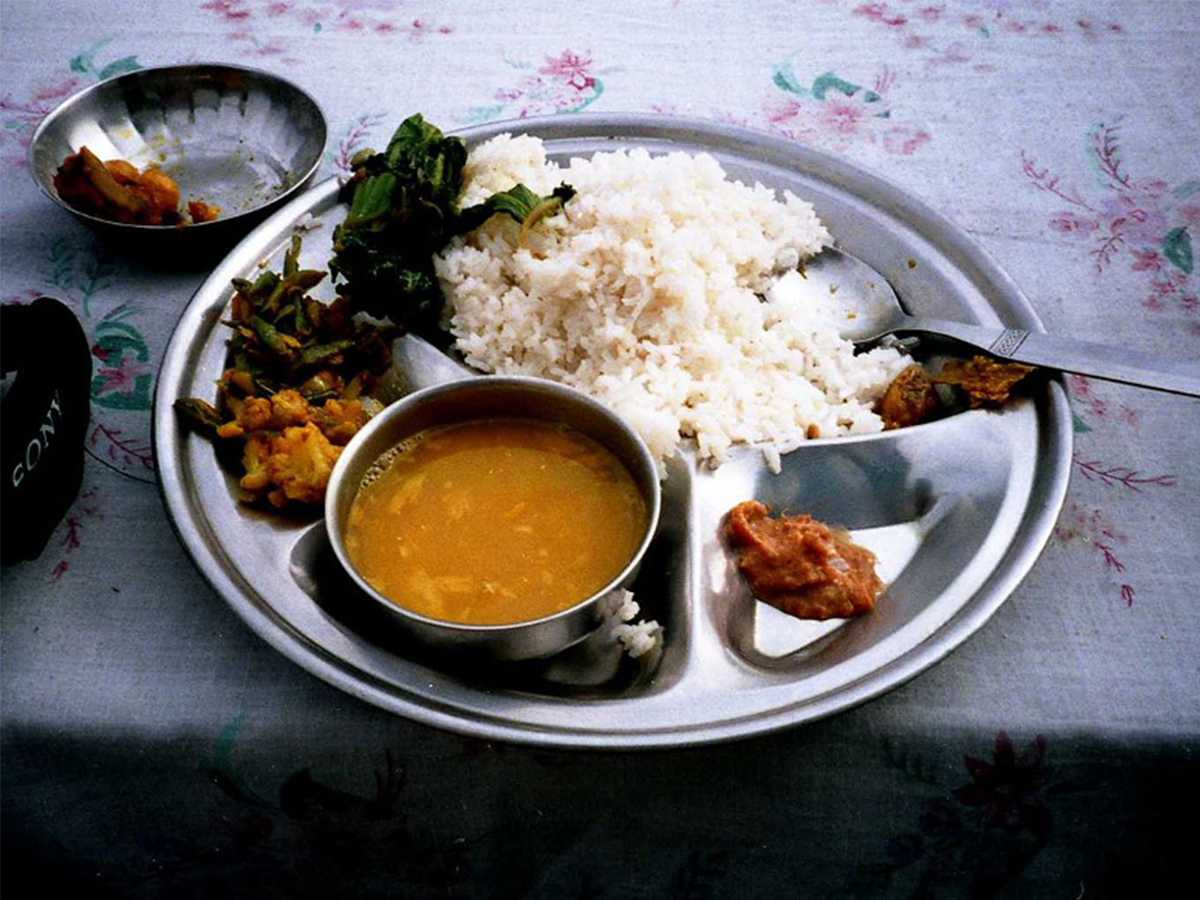
Names:
Ever wondered why the majority of the “Sherpas” share the same names?
Naming a Sherpa kid is as easy as figuring out the day of the week. Sherpa kids are named after the day in which they were born.
Sunday- Nima
Monday- Dawa
Tuesday- Mingma
Wednesday- Lhakpa
Thursday- Phurba
Friday- Pasang
Saturday- Pemba
References:







